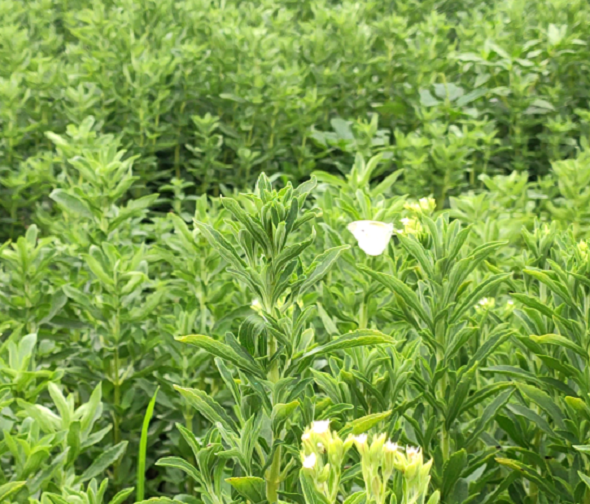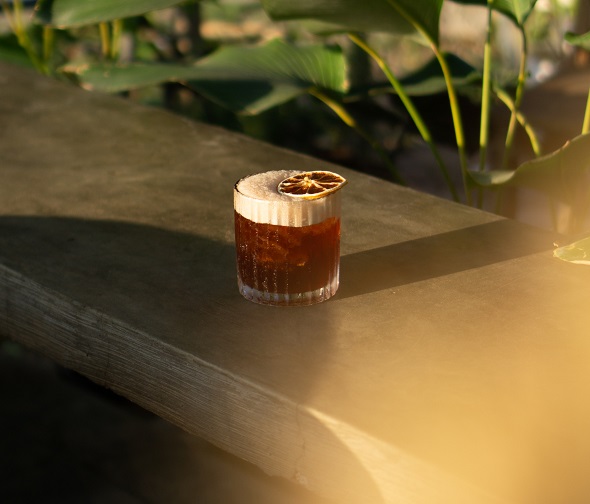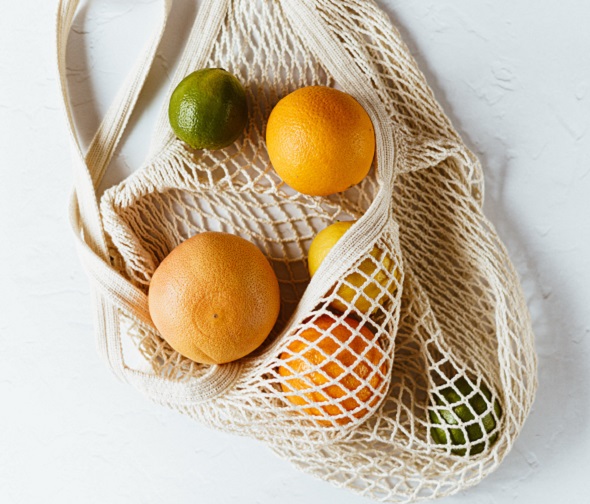A natural sugar substitute called stevia apparently has no calories, no carbohydrates, and doesn't cause blood sugar spikes. That's great. Is it true?
For some people, mention stevia and you're likely to get odd looks, like you can't grasp some unknown language.

 But stevia - a plant used as a sweetener for centuries in Paraguay and Brazil - can now be found in many UK supermarkets. In the United States, it's much more common.
But stevia - a plant used as a sweetener for centuries in Paraguay and Brazil - can now be found in many UK supermarkets. In the United States, it's much more common.
It promises to be a "miracle sweetener" and "the holy grail of the food industry" due to its natural origins and claimed health benefits.
Although stevia has been sold in Japan for about 40 years, the base product of stevia has only been approved as a food additive since 2008 in the United States and 2011 in the European Union.
 Companies have been quick to exploit stevia. Globally, there was a 400 percent increase in new stevia base products between 2008 and 2012, and a 158 percent increase in 2011-2012, according to Mintel."The great thing about stevia is that it's a natural source,""Said Stefan Gates, a food critic and television host."Doesn't mean it's not going to go into your food in incredible depth of processing... But that's what everyone craves."
Companies have been quick to exploit stevia. Globally, there was a 400 percent increase in new stevia base products between 2008 and 2012, and a 158 percent increase in 2011-2012, according to Mintel."The great thing about stevia is that it's a natural source,""Said Stefan Gates, a food critic and television host."Doesn't mean it's not going to go into your food in incredible depth of processing... But that's what everyone craves." Holland & Barrett, of the UK vitamin retail chain, said it had witnessed a 50% increase in sales of stevia products over the past four weeks, compared with the same period last year. Coca-Cola dared to change the Sprite formula in the UK, reinventing it in March with a new version that claims to have 30 per cent fewer calories. Even sugar giant Tate&Lyle has used a blend of stevia. You can now find stevia used as a sweetener in all sorts of yogurts, chocolate and even beer, according to David Turner, an analyst at Mintel, a global food and beverage company.
 Refined sugar is now often associated in the media with obesity, which is now widely referred to as an epidemic. More than 60% of adults in England are overweight or obese, according to the latest government figures, costing the NHS nearly 5 billion a year in ill-health bills. Stevia has the potential to help with weight control, dental health and diabetes, says Dr Laura Wyness, senior nutrition scientist at the British Nutrition Foundation.
Refined sugar is now often associated in the media with obesity, which is now widely referred to as an epidemic. More than 60% of adults in England are overweight or obese, according to the latest government figures, costing the NHS nearly 5 billion a year in ill-health bills. Stevia has the potential to help with weight control, dental health and diabetes, says Dr Laura Wyness, senior nutrition scientist at the British Nutrition Foundation.
Stevia is derived from stevia via a similar process to sucrose, said Dr Margaret Ashwell of the Global Stevia Institute, which serves on the scientific advisory board.
"The extraction process involves soaking the dried leaves like a tea, and then separating or purifying the best mixture, which is known as stevia. The concentrated extract is 300 times sweeter than sucrose. Throughout the process, stevia remains intact and chemically unchanged,"she said.
In contrast, synthetic sweeteners such as aspartame - used in soft drinks such as Diet Coke - have long been a bone of contention.